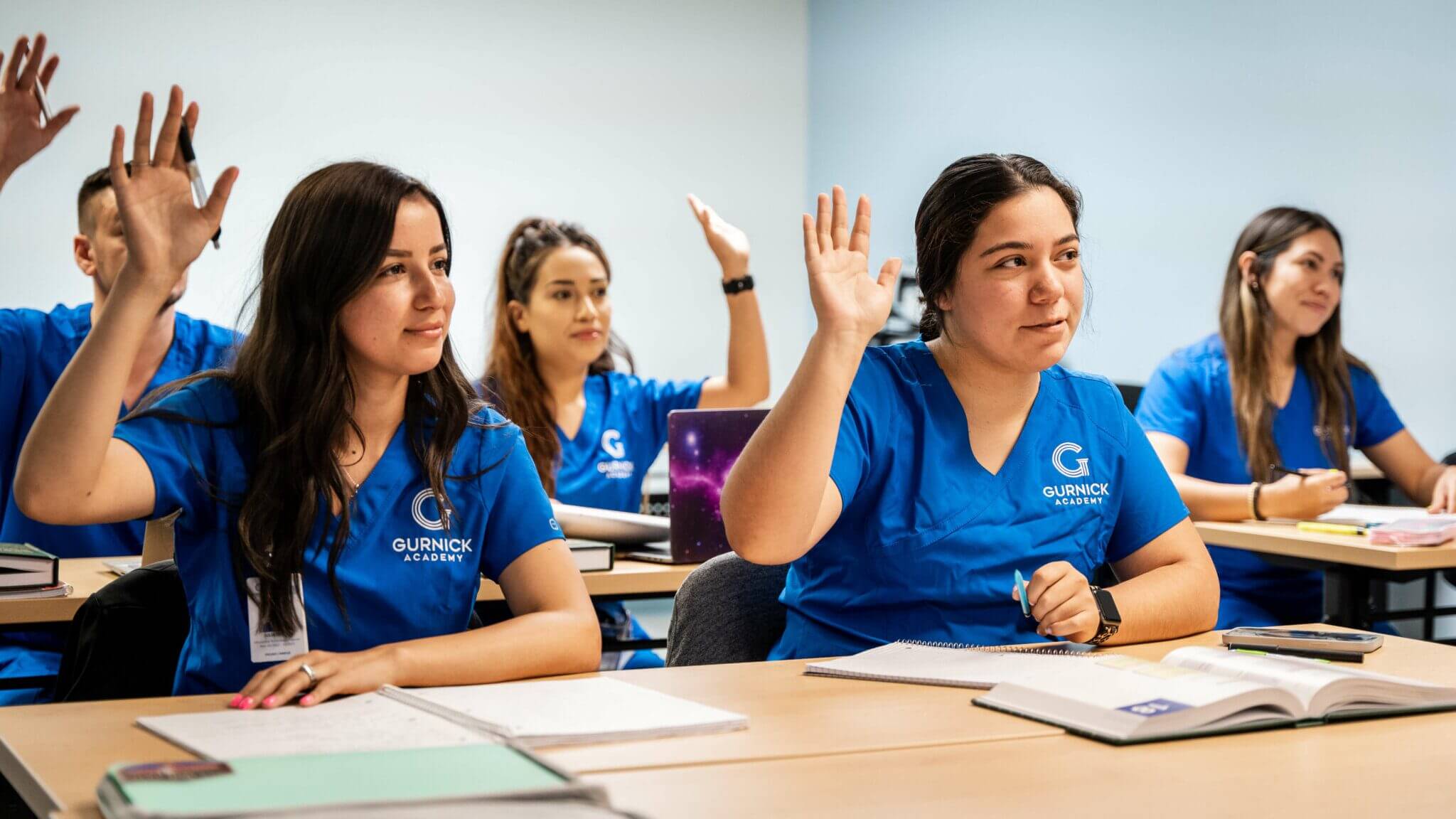Why Go Back to School? Reasons for the Journey
Date: September 14, 2022
Why go back? Reasons for the return journey are different for every person. Some adults return to school to improve their current situations. A few return to finish what they started years or decades prior. Still, others return because they feel their existing skills were “dinosaured out.” Moreover, many people return to college to quit their current jobs. Finally, some are just bored and want a new challenge.
Whether you’ve “made something out of your life” or are still searching for your “calling,” societal trends have shifted, making “the return” almost trendy. Accordingly, a recent study in New York of 2,000 parents polled showed that 44 percent planned to return to college.1
In brief, returning shouldn’t be so shocking. “Our brains are hard-wired for learning,” says Ryan Patridge, a guest blogger for 10 Reasons Adults Should Go Back to School. “Go back to school to retrain yourself as a thinker that can chew over and digest information rather than just swallowing it whole.” For this reason, the percentage of people aged 25 and older with a Bachelor’s degree or higher jumped from 29.9 to 36.0 percent from 2010 to 2019.2
Degrees and Earnings Have Some Correlation*
Why Go Back? Reason One
One obstacle to returning to school, which most often comes up, is the cost. However, have you considered the cost of not returning to your vocation? How much should you be making? Could going back to college finally put you in the income bracket you desire?
According to the Bureau of Labor Statistics, earnings and unemployment rates by educational attainment for 2021 showed that out of all US workers, those with a high school diploma made a median weekly wage of $809 [or $3,236 a month].3 Whereas those with an Associate degree earned a median weekly salary of $963 [or $3,852 a month].3 Moving upward, those with Bachelor’s degrees earned a median weekly wage of $1,334 [or $5,336 a month].3
Moreover, according to the US Social Security Administration, “There are substantial differences in lifetime earnings by educational attainment. Consequently, men with Bachelor’s degrees earn approximately $900,000 more in median lifetime earnings than high-school graduates. In comparison, women with Bachelor’s degrees earn $630,000 more. Likewise, men with graduate degrees earn $1.5 million more over median lifetime earnings than high school graduates. Similarly, women with graduate degrees earn over $1.1 million more.”4
Degrees and Happiness Have Some Correlation*
Why Go Back? Reason Two
Yet, motivations for returning to college can be more than monetary. They can be altruistic and emotional, with some returning students wishing to “find themselves.” Additionally, it seems to pursue a degree of one’s interest, and one’s happiness have some correlation. According to a 2013 Pew Research Center study, 55 percent of college graduates reported being “very satisfied” with their jobs. By contrast, only 40 percent of non-graduates reported the same satisfaction. Furthermore, for workers with Master’s degrees or higher, that number climbs to 69 percent.5
Additionally, placing yourself in a college program–even an online program, causes one to suddenly need to work with teachers, other students, and possibly teams. Because of this, many find an added level of networking supplementing their overall happiness and giving them an instant community. For some adults, it has become the “new village.”
Control of Your Life and Other Reasons to Go Back*
Why Go Back? Reason Three
While you might have a thousand reasons for returning, people who go back to school achieve some measure of added self-esteem and new-found control over their lives. While signing up for a program has varying results among individuals, the discipline of learning, the commitment toward a program, and the signing up for expanding knowledge change one’s “mental landscape.” Whatever your current “terrain,” we’ve put together a list of some academic “side effects” many students find upon returning to school.
- Improved Situations
- Upgrade to Professional Status
- A Title or Degree
- Advancement, More Money
- Entry into the Workforce
- No Longer Outdated or “Dinosaured Out”
- Refreshed Confidence
- An Updated Resume
- More Relevant, Current
- Help to Quit a Current Job
- Transitions from Routine Jobs to Desired Vocations
- Broken “Glass Ceilings”
- Entirely New Careers
- New Challenges
- Added Achievements
- Mastery of New Subjects, New Fields
- Proved Something to Oneself or Someone Else
- New-found “Callings”
- Ability to Serve Others Better, aka Give Back.
Ready For a Change? What Are Your Obstacles?
Finally, there’s never going to be a perfect time. Yes, there’s always going to be a list of obstacles. (We’re sure your list is long.) Returning takes effort, sweat, and willpower. Hitting the books hard may require getting up earlier than your family members, honing your computer skills, learning to Zoom, or tackling registration and FAFSA applications. But the journey, with many new directions, is unparalleled to any other trip you’ve ever taken before. You will arrive differently than when you started.
Lastly, in the words of UMass Global Chancellor Gary Brahm, “It’s never too late to dust off an unrealized dream.”1 Gurnick Academy has trained specialists ready to help ease your return. Speak with an Admission specialist today.
*This is a statistical correlation. Results vary from person to person. As with anything, a college trajectory gives you precisely what you put into it.
Article Written by Cindy R. Chamberlin.
Citations
1^a, b Melore, Chris. “44 Percent of Parents Planning Return to College to Chase Lifelong Dreams, Passions.” Study Finds. October 25, 2021. (Accessed September 1, 2022.)
2 U.S. Census Bureau. “US Census Bureau Releases New Educational Attainment Data.” The United States Census Bureau. March 30, 2020. (Accessed September 1, 2022.)
3 ^a, b, c U.S. Bureau of Labor Statistics. “Unemployment Rates and Earnings by Educational Attainment: U.S. Bureau of Labor Statistics.” BLS.gov, US Bureau of Labor Statistics. April 21, 2021. (Accessed Sept. 1, 2022.)
4 “Research Summary: Education and Lifetime Earnings.” Www.ssa.gov, Social Security Administration. Nov. 2015. (Accessed September 1, 2022.)
5 N.W., 1615 L. St, et al. “Is College Worth It?” Pew Research Center’s Social and Demographic Trends Project. May 16, 2011. (Accessed September 1, 2022.)






